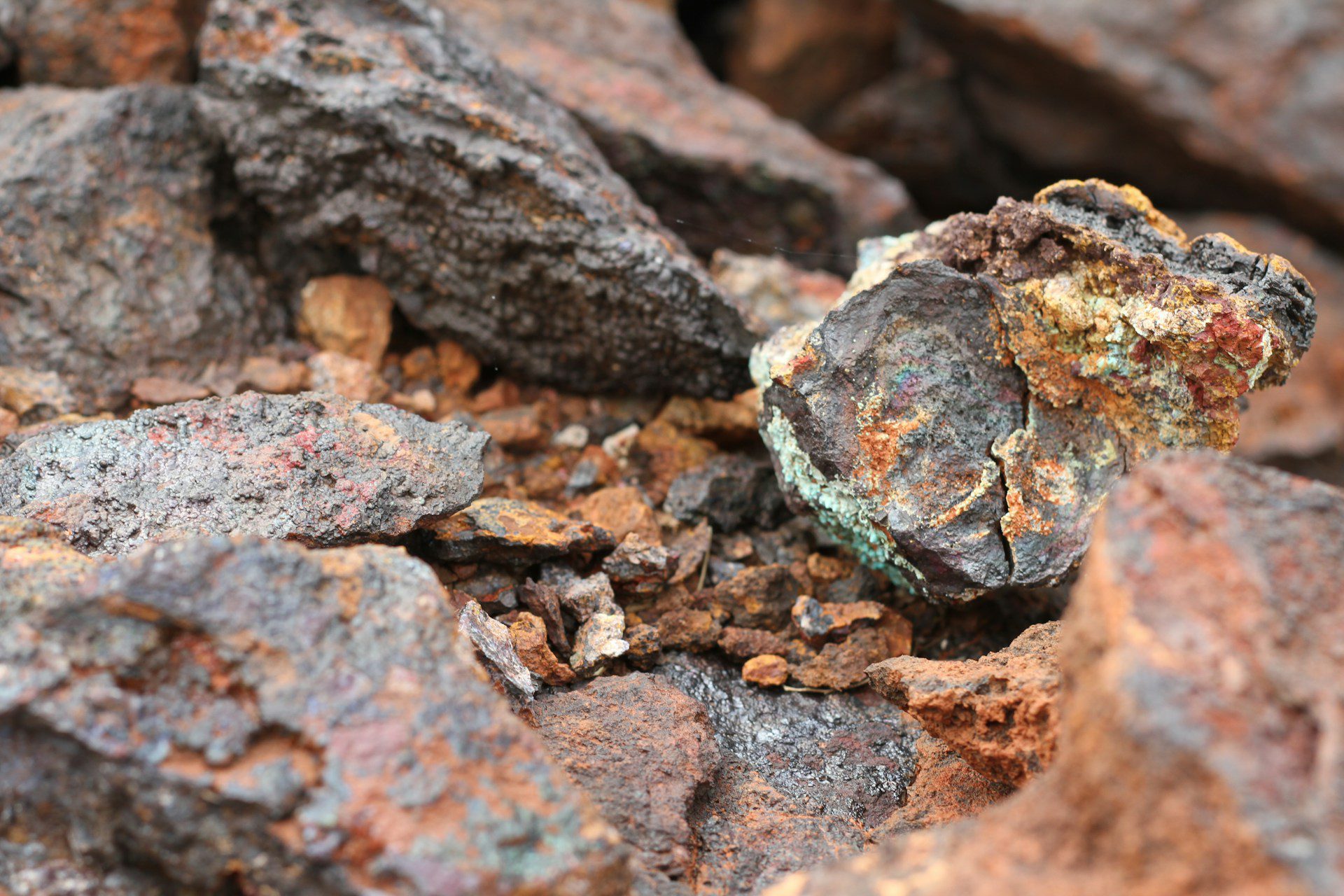
Blood cobalt: One of the poorest countries on Earth is paying a heavy price for the world’s green energy revolution
The Katanga region of the Democratic Republic of the Congo was known to colonial adventurers as the Copper Belt. There’s now a new game in town.
As the world races to adopt green energy technologies in the fight against climate change, cobalt is in demand like never before. Batteries now account for over 50 per cent of global cobalt consumption and with electric vehicle sales predicted to surge from 6.5 million in 2021 to 66 million by 2040, the world’s appetite for the metal is only growing.
As much as 30 percent of Congo’s cobalt comes from so-called artisanal mines. Foreign Correspondent: Michael Davie
But the violent rush to extract cobalt is unleashing a new cycle of misery and foreign domination in one of the world’s poorest nations. Massive industrial mining operations — mostly Chinese-owned — have moved into Congo, intent on dominating the next energy epoch. The big mines are accused of corruption, poisoning the locals and exploiting Congo’s resources with little benefit for the country.
On the fringes of the big mines, nearly a quarter-million small-scale miners, including women and children, labour for a smaller piece of Congo’s mineral riches. They work in tunnels and open-pit mines dug by hand, exposed to radiation, cave-ins, arrest, even death. Mostly economic migrants from Congo’s impoverished interior, these freelance creuseurs are known as “artisanal miners”. It’s a term that belies the extreme hazards of their profession. Theirs is a deadly business.
Read whole article here.
